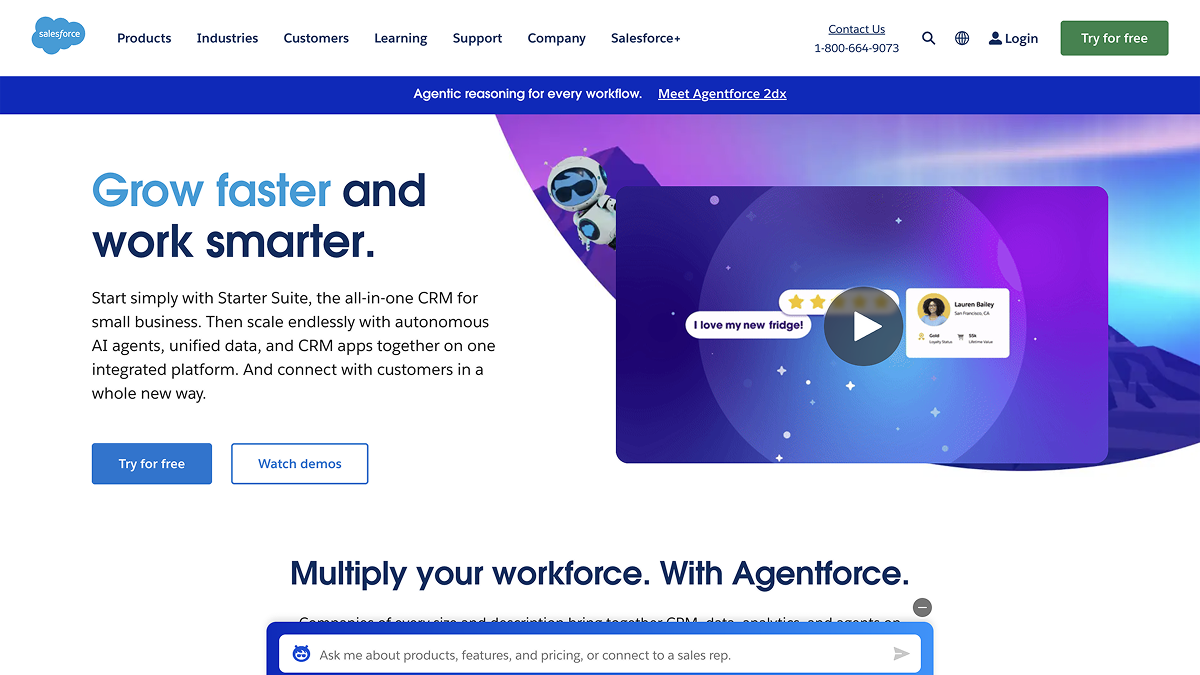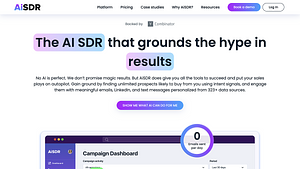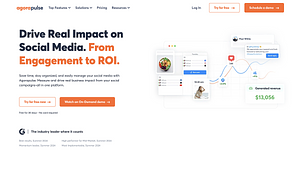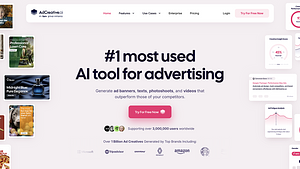
1. Introduction to Salesforce: What You Need to Know
Salesforce.com is a leading cloud-based customer relationship management (CRM) platform that has transformed the way businesses manage their relationships with customers. Established in 1999, Salesforce has grown from a simple contact management tool into a comprehensive suite of applications that facilitate sales, customer service, marketing automation, analytics, and more. With its user-friendly interface and robust functionalities, Salesforce.com is designed to help organizations streamline their processes, enhance collaboration, and ultimately drive growth. Understanding the core features and capabilities of Salesforce is essential for businesses looking to leverage its full potential.
One of the standout features of Salesforce.com is its ability to centralize customer data, making it easily accessible for sales teams and customer service representatives. By consolidating information from various touchpoints, businesses can gain valuable insights into customer behavior and preferences, allowing for more personalized interactions. Additionally, Salesforce offers powerful automation tools that can help businesses improve efficiency by automating repetitive tasks, such as lead assignment and follow-up reminders. As a result, teams can focus more on building relationships and closing deals rather than getting bogged down in administrative work.
Moreover, Salesforce.com provides extensive customization options and integration capabilities, making it a versatile choice for organizations of all sizes. Users can tailor their Salesforce experience to fit specific business needs through various add-ons and third-party applications available on the Salesforce AppExchange. This level of customization ensures that businesses can adapt the platform as they grow and evolve, maintaining their competitive edge. With its scalability, user-friendly interface, and comprehensive training resources, Salesforce.com is not just a tool but a powerful ally for businesses aiming to enhance their customer relationship management strategies and drive success in today’s competitive landscape.
2. Getting Started: Quick Setup and Free Trial
Getting started with Salesforce.com is a straightforward process, especially for new users eager to explore its robust CRM capabilities. To begin, you can easily sign up for a free trial directly on the Salesforce.com website. This trial typically lasts for 30 days and provides you with full access to the platform’s features, allowing you to familiarize yourself with its interface, tools, and functionalities without any financial commitment. During this trial period, you can set up your account, customize your dashboard, and even import existing data to see how Salesforce can enhance your sales processes and customer interactions.
To ensure a smooth setup, Salesforce.com offers a user-friendly onboarding process that guides you through the essential steps. After creating your account, you will be prompted to complete your profile and configure basic settings such as your companys information and user permissions. The platform also includes a series of tutorials and resources designed to help you understand how to navigate the software effectively. Taking advantage of these resources can significantly reduce the learning curve and allow you to start utilizing Salesforces powerful features, such as lead management, opportunity tracking, and reporting tools, right from the get-go.
Once you’ve set up your account, it’s time to explore the various functionalities that Salesforce.com has to offer. Use the trial period to experiment with creating custom fields, automating workflows, and integrating third-party applications that can enhance your CRM experience. Additionally, consider joining the Salesforce community forums, where you can connect with other users, share insights, and ask questions. By actively engaging with the platform and its community, you can maximize your free trial experience, ensuring you understand how Salesforce.com can be a vital tool for your business growth and customer relationship management.
3. Scaling Your Business: From Starter Suite to Advanced Solutions
Scaling your business effectively is crucial for long-term success, and utilizing Salesforce.com can significantly enhance this process. The platform offers a range of solutions that cater to businesses at different stages of growth. Starting with the Salesforce Starter Suite, smaller companies can access essential tools for customer relationship management (CRM), sales, and marketing. This suite provides an intuitive interface, allowing businesses to streamline their operations without the need for extensive training or technical know-how. As your company grows, you can seamlessly transition to more advanced solutions offered by Salesforce.com, ensuring that your technology evolves alongside your business needs.
As you move beyond the Starter Suite, Salesforce.com offers a plethora of advanced solutions designed to tackle complex business challenges. Features such as Salesforce Sales Cloud and Salesforce Service Cloud provide powerful functionalities for managing customer interactions, automating sales processes, and enhancing service delivery. These advanced tools come equipped with AI-driven insights, enabling businesses to make data-informed decisions that can lead to increased efficiency and higher revenue. By leveraging these sophisticated capabilities, companies can improve customer satisfaction, foster loyalty, and ultimately drive growth.
Moreover, Salesforce.com is not just about software; it’s about creating an ecosystem that supports your business as it scales. With customizable options and a wealth of integrations, Salesforce can adapt to your specific requirements. Businesses can incorporate third-party applications or leverage the Salesforce AppExchange to find tailored solutions that fit their unique needs. This flexibility ensures that, no matter how large or complex your business becomes, Salesforce.com can support your journey towards scaling, making it an invaluable partner in your growth strategy.
4. Seamless Integration: Connecting Salesforce with Your Existing Tools
Integrating Salesforce.com with your existing tools can significantly enhance your business processes, streamline operations, and improve overall productivity. Salesforce is renowned for its robust Customer Relationship Management (CRM) capabilities, but its true power lies in its ability to connect seamlessly with various applications and systems that your organization may already be using. This integration allows for a unified workflow, enabling teams to access critical data from multiple sources without the need for manual data entry or switching between different platforms.
One of the primary advantages of connecting Salesforce.com with your existing tools is the ability to automate tasks and improve data accuracy. For instance, integrating your email marketing platform with Salesforce can help you synchronize customer lists and track engagement metrics directly within your CRM. This not only saves time but also ensures that your marketing strategies are data-driven and targeted. Moreover, tools like Zapier or MuleSoft can facilitate these integrations, allowing you to create custom workflows that enhance your operational efficiency and provide a holistic view of your customer interactions.
Additionally, Salesforce.com offers a wide range of APIs and integration options, making it compatible with most third-party applications, whether they are used for project management, e-commerce, or accounting. This flexibility ensures that businesses can choose the tools that best fit their needs without being locked into a single ecosystem. By leveraging Salesforce’s AppExchange, organizations can discover pre-built connectors and applications tailored to specific industries, further simplifying the integration process and maximizing the return on investment in your technology stack. Ultimately, connecting Salesforce with your existing tools not only enhances collaboration within your team but also provides actionable insights that drive better decision-making and business growth.
5. Success Stories: Real Results from Industry Leaders
Salesforce.com has transformed the way companies engage with customers, manage their sales processes, and drive business growth. Many industry leaders have successfully leveraged this powerful CRM platform to achieve remarkable results. For instance, American Express, a global leader in financial services, adopted Salesforce.com to enhance customer service and streamline operations. By implementing Salesforces customer management tools, American Express was able to reduce response times significantly and improve customer satisfaction scores. This success story highlights how Salesforce.com can be a game-changer for businesses in the financial sector, enabling them to provide personalized experiences at scale.
Another compelling example comes from Toyota, which turned to Salesforce.com to drive its digital transformation efforts. By utilizing the platform’s robust analytics and automation capabilities, Toyota was able to centralize customer data and improve collaboration among its sales teams. This strategic move not only enhanced the efficiency of their operations but also led to a 20% increase in lead conversion rates. The integration of Salesforce.com allowed Toyota to create more targeted marketing campaigns, ultimately leading to higher sales and improved customer loyalty. This case demonstrates how Salesforce.com empowers automotive companies to innovate and stay competitive in a rapidly changing market.
In the retail sector, Adidas has also benefited immensely from implementing Salesforce.com into its operations. With the help of Salesforce’s Marketing Cloud, Adidas has been able to personalize customer interactions and optimize its e-commerce strategies. The brand reported a significant rise in online sales, attributed to targeted marketing efforts driven by real-time customer insights from Salesforce. This success story serves as a testament to the platform’s versatility and effectiveness across different industries, showcasing how Salesforce.com can help companies harness data to drive sales, enhance customer relationships, and achieve sustainable growth.



